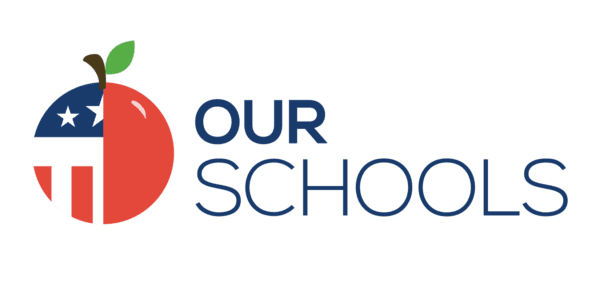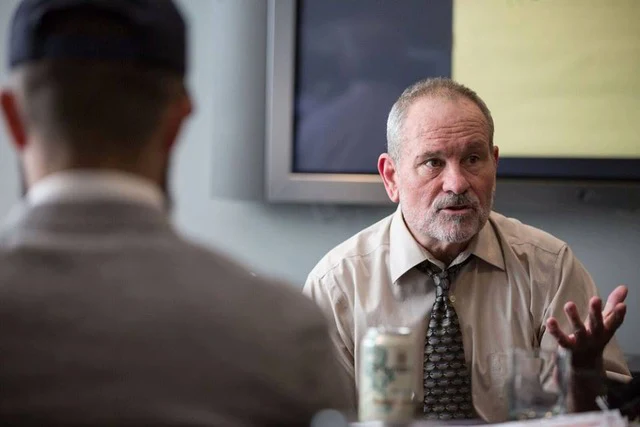The following is an excerpt. Click here to read the full article.
How Can We Help?
By Jeff Bryant
Leslie Hu remembers the very day, a Thursday in March 2020, when her school, Dr. Martin Luther King Jr. Academic Middle School, received word from the district office that Friday would be the last day the school would be physically open until further notice, because of the coronavirus epidemic. Without waiting for guidance, she and a few other staff members “immediately went into overdrive to connect with as many families as possible,” she tells me.
Working late into the evening, the staff members made “wellness calls” to deliver messages of care and reassurance. “Our message was ‘We are not abandoning you. What do you need? We still care,’ ” recalls Hu, a community-school coordinator and social worker.
The next day, they enlarged the circle of callers to include other staff members. By the following Wednesday, their wellness calls had reached nearly all of the 460 families with children at the school.
The outreach effort then expanded to more in-depth interview calls to stay connected to families handling the emergency. Within a month, they had reached out to every family.
Their efforts yielded critical information about how families were affected by the pandemic and what kinds of challenges they faced—such as whether a breadwinner had lost a job, whether the household had access to the internet, or whether the family was facing eviction. They also conveyed critical information to help families navigate the crisis, including how to pick up Wi-Fi hot spots and devices from the district; where there were open food pantries; and which local nonprofit organizations and community agencies were providing support for those dealing with financial difficulties and mental health issues.
“We knew there would be certain things our families probably needed,” Hu recalls. “But we didn’t make assumptions. We knew to ask open-ended questions.”
This outreach effort was so successful that, according to an article by the California Federation of Teachers, the San Francisco Board of Education used it as a model to create a district-wide plan to establish permanent “coordinated care teams” for reaching out to families and checking on their well-being.
Read the rest at Lapham’s Quarterly.
Jeff Bryant is a writing fellow and chief correspondent for Our Schools. He is a communications consultant, freelance writer, advocacy journalist, and director of the Education Opportunity Network, a strategy and messaging center for progressive education policy. His award-winning commentary and reporting routinely appear in prominent online news outlets, and he speaks frequently at national events about public education policy. Follow him on Twitter @jeffbcdm.

